American oil company ExxonMobil is now preparing the next phase of its research program to identify potential natural gas deposits in the sea blocks of Crete.
The energy giant is planning the first exploratory drilling, after the completion of the two-dimensional seismic surveys last February in the concessions – where together with the Greek energy group Helleniq Energy it has the research and exploitation rights – in plots “West of Crete” and “Southwest of Crete” .
The planning shows the rig falling on target towards the end of 2024 or early 2025. And to confirm the above plans of ExxonMobil come the recent statements of the vice president and head of activities of Ms. John Ardill at S&P Global: “After the discovery of of the Glaukos field in 2019 in Cyprus, ExxonMobil completed 3D seismic surveys off Cyprus and 2D seismic surveys off Crete,” he said, adding that “it plans to drill in the area in late 2024 or 2025.”
The geophysical data
According to information from Vima newspaper, the three oil companies ExxonMobil, Helleniq Energy and Energean that are active in the maritime concessions of Crete and the Ionian Sea are in the phase of completing the processing of the data they collected from the seismic surveys of the period 2022-2023 and are proceeding with the interpretation their.
Competent sources explain to “Vima”, “what oil geologists do is the detailed mapping of targets. With the help of science they penetrate them and analyze the possibilities for the migration and trapping of hydrocarbons created by natural gas fields. If in these goals they find that the aforementioned conditions are met, then the oil company staffs analyze the size, i.e. the possible volume of natural gas that may be trapped underground”.
The same sources tell “Vima” that “if the above geological data are satisfied, then an estimate of mining costs is made. Each well is estimated at over 100 million dollars. So the oil companies finally decide whether it is worth making further investments to verify the interpretation of the seismic data.”
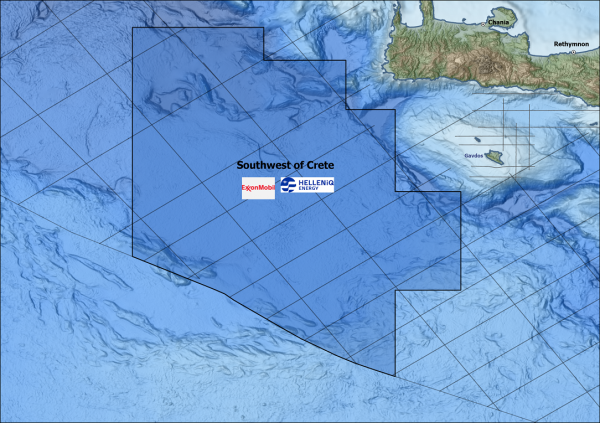
Seismic surveys
In Greece in April 2022, the government and Prime Minister Kyriakos Mitsotakis, decided to speed up surveys to identify possible natural gas deposits in the blocks that have been granted to investors.
The Hellenic Hydrocarbons and Energy Resources Management Company (EDEFEP) ran all the procedures to achieve the government goal.
From January 2022 to February 2023, 7 marine seismic surveys (four 2D and three 3D) were implemented. They were carried out with special seismographic vessels in the maritime concessions “West of Crete” and “Southwest of Crete”, “Block 10 – Kyparissia Gulf”, “Ionio” and “Block 2 – West of Corfu”.
With the completion of the marine surveys, the mapping of the subsoil was achieved in an area of more than 12,583 square kilometers. The cost of marine surveys, according to information from Vima, amounted to approximately 52 million euros, which corresponds to an increase in investment by 150% compared to the commitments for minimum expenses according to the concession contracts of the leasing companies.
However, the most mature area for the first exploratory drilling is the land concession “Ioannina” which has been leased to the Greek multinational Energean. Its design shows the arrival of the drilling rig within 2024.
Oil and natural gas
Although Europe is speeding towards the era of drastic reduction of CO2 emissions in 2030 and zero emissions in 2050, analyses by oil companies and other international organizations nevertheless show an increase in demand for fossil fuels.
ExxonMobil chairman and chief executive Darren Woods, in announcing its half-year financial results, said he expects historic oil demand this year and next year. “We will see upward pressure due to changes in demand and the limited options we have to significantly increase supply,” Woods said.
British Prime Minister Rishi Sunak, has announced that more than 100 oil and natural gas licenses will be granted in the North Sea, as part of efforts for the country to exploit its resources and become energy independent. According to the British Prime Minister, this move is in line with climate targets, as around a quarter of the country’s energy demand will still be met by oil and natural gas when the UK reaches net zero in 2050.
Oil demand
A recent report by Bloomberg makes extensive reference to the increase in global oil demand recorded in recent weeks, which exceeded the peak of 2019 before the advent of the pandemic, setting a new record at 102.5 million barrels. It is pointed out that the increased demand recorded from January 2023 challenges the conventional logic that said that 2019 marked the peak of gasoline consumption, while in the same publication it is underlined that based on current trends, global oil demand will increase another 3 -4% over the next five years before stabilizing.
Analysts estimate that natural gas will continue to play the role of transitional fuel in the green transition, while the war in Ukraine and the limitation of the market supply of Russian fossil fuels forced countries to look for alternative sources of energy supply. Among the others is the exploration of areas for the discovery of new deposits.
The Eastern Mediterranean region is at the center of investment interest.
![Hydrocarbons: ExxonMobil drilling in Crete at the end of 2024 to beginning of 2025 [map]](https://www.ot.gr/wp-content/uploads/2023/05/oil-1.jpg)



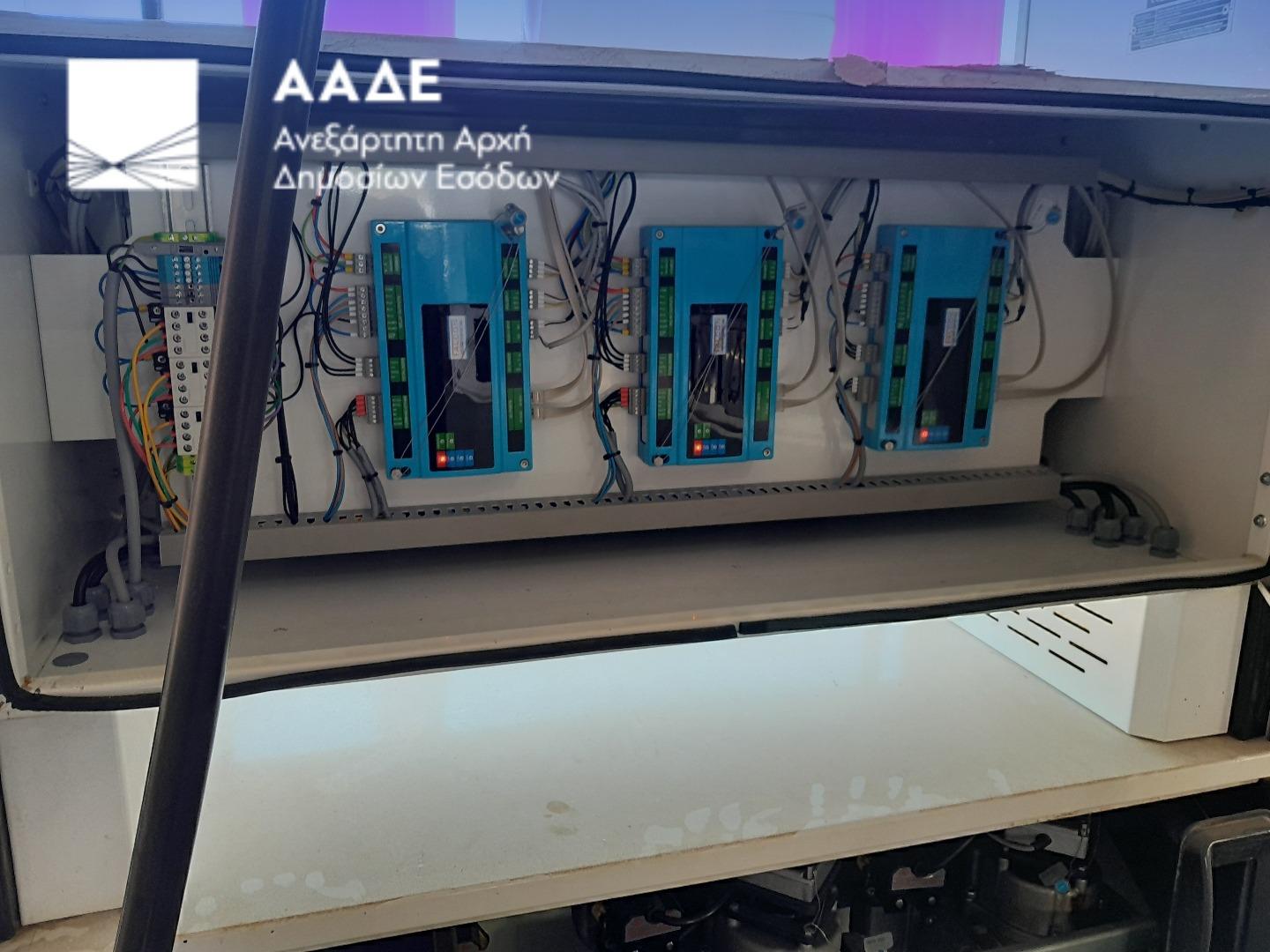












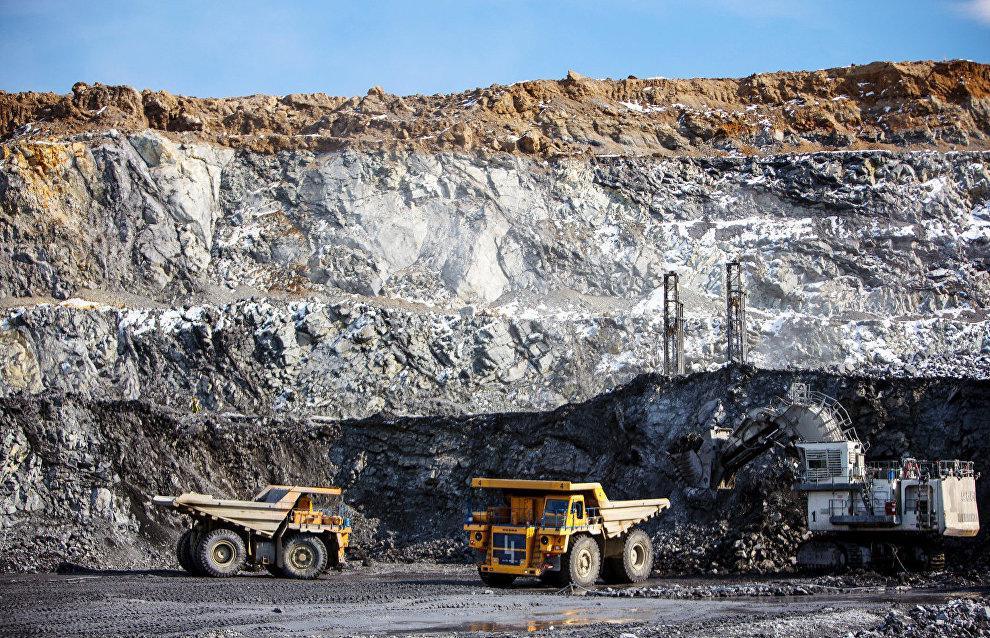











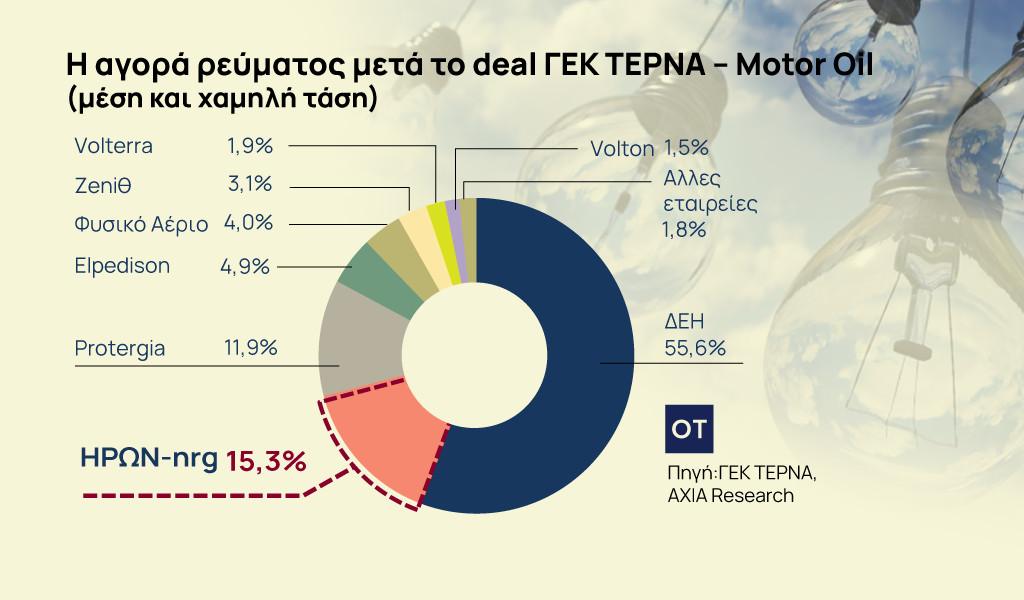
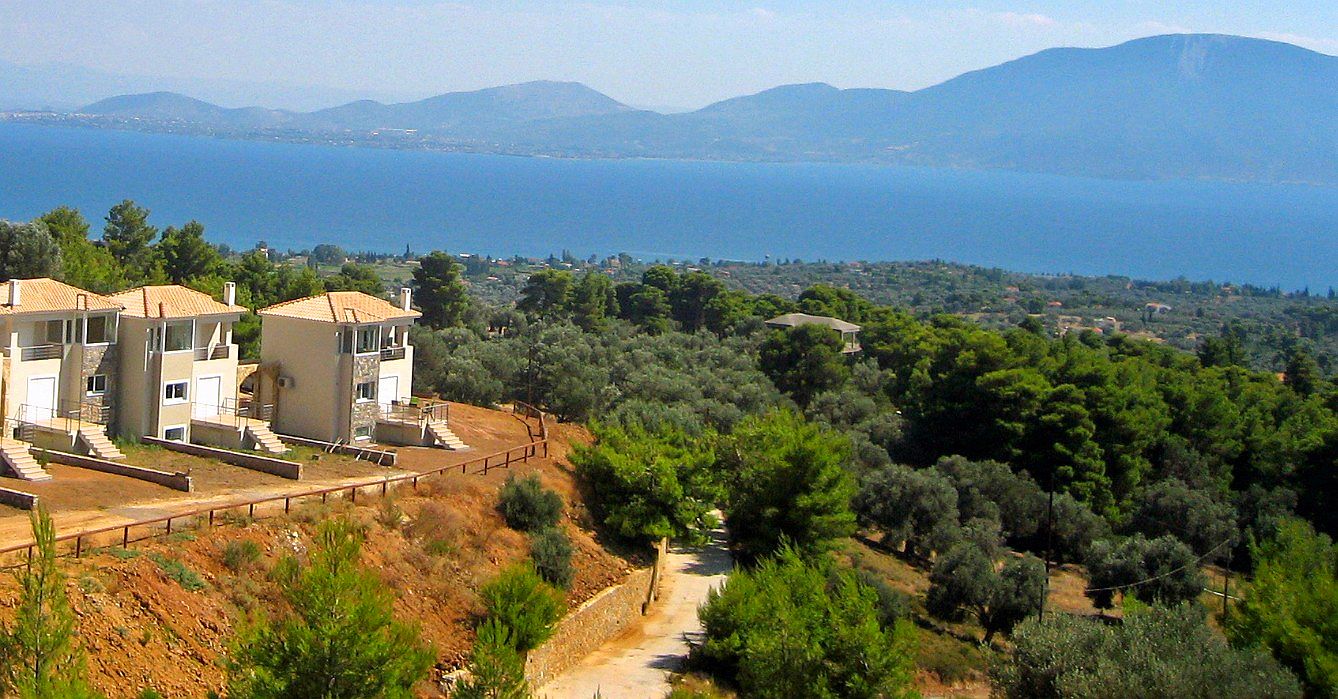
![ΚΑΠ: Πώς η ΕΕ δαπανά το ένα τρίτο του προϋπολογισμού της για τους αγρότες [γραφήματα]](https://www.ot.gr/wp-content/uploads/2025/07/FARMERS.jpg)






